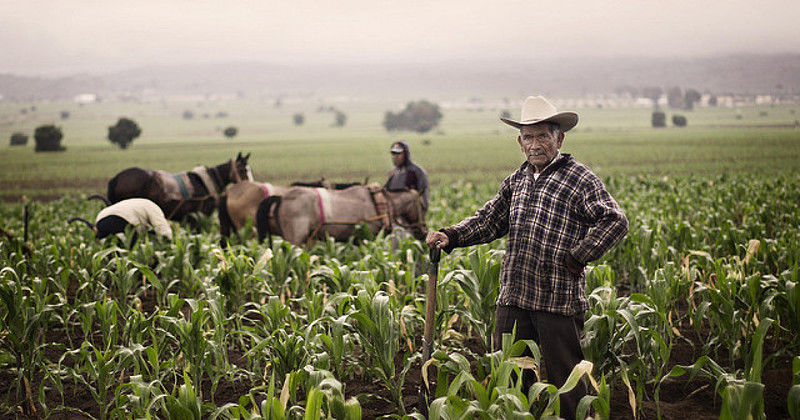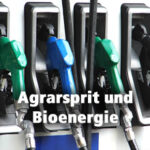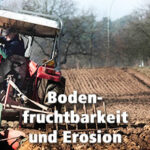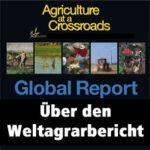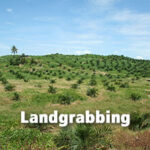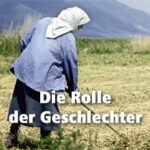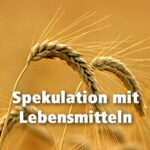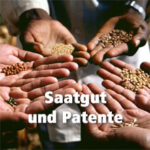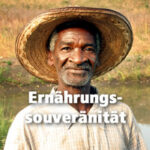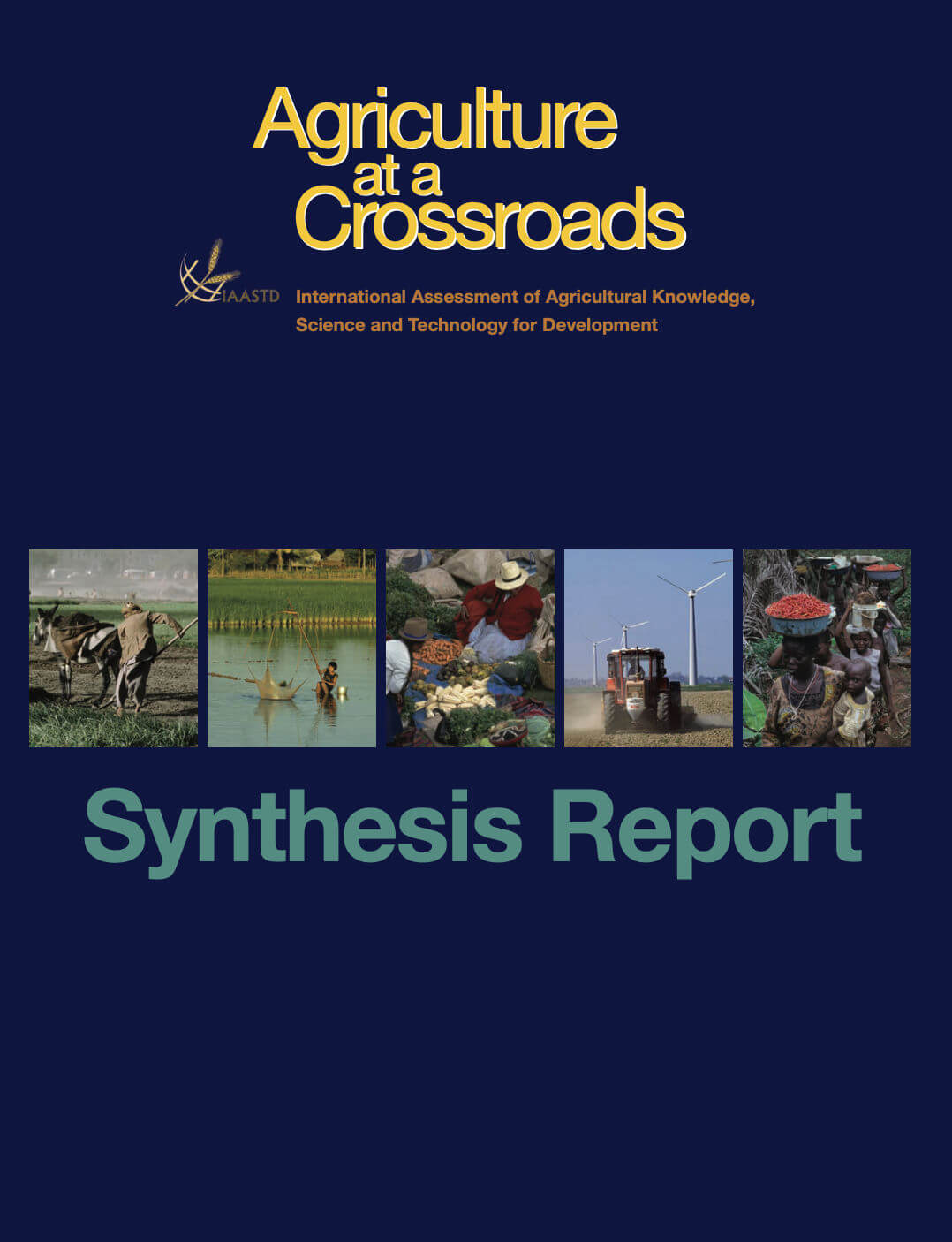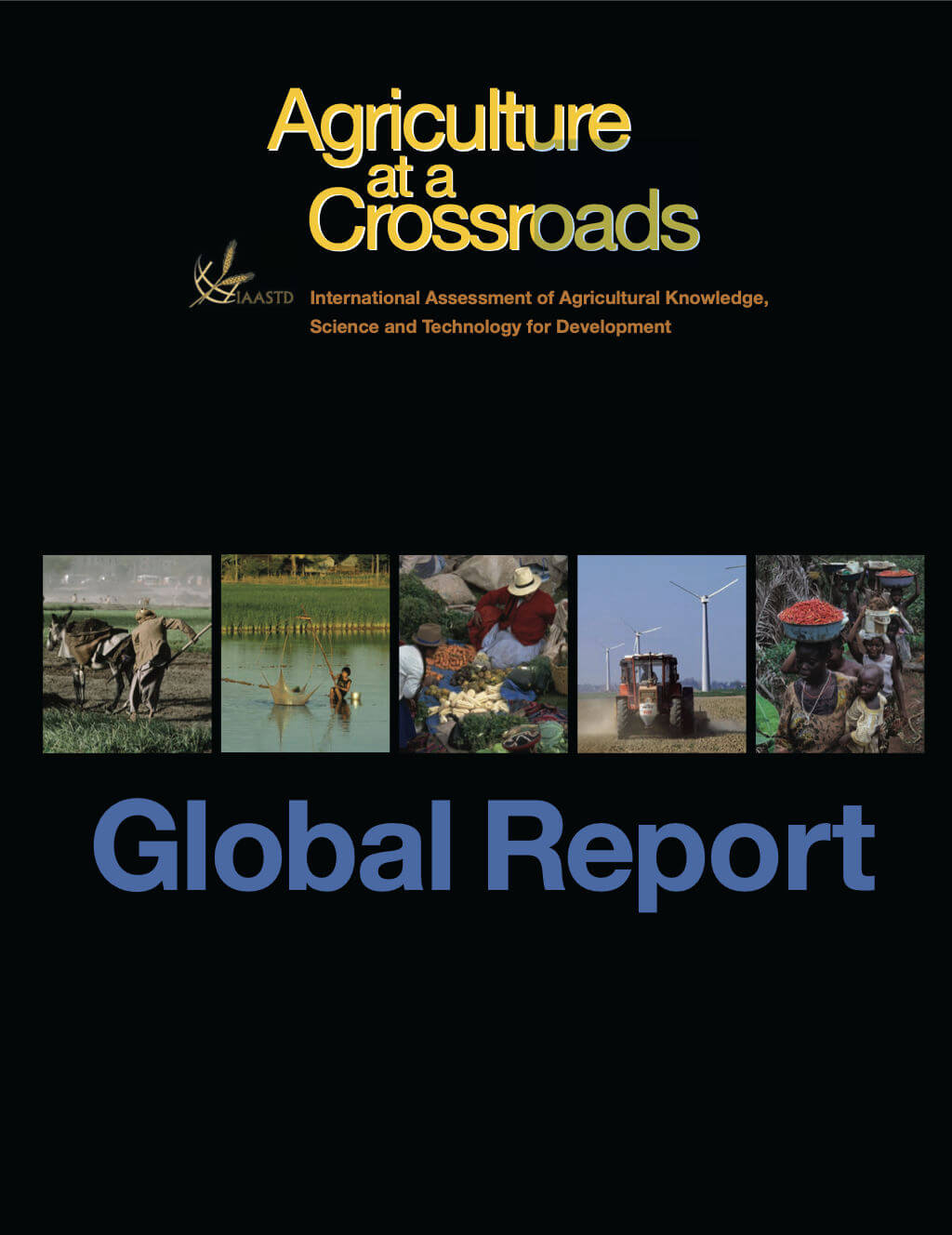Landwirtschaft am Scheideweg – Weiter wie bisher ist keine Option
Bis zu 733 Millionen Menschen hungern auf diesem Planeten, während 2,5 Milliarden an Übergewicht und krank machender Fettleibigkeit leiden. 2,8 Milliarden Tonnen Getreide wurden 2023 weltweit geerntet, mehr denn je zuvor. Doch nur 42,3% des Getreides dient als Lebensmittel. Der Rest wird zu Tierfutter, Sprit und Industrierohstoffen verarbeitet. Unser Ernährungssystem ist eine der wichtigsten Ursachen für den Klimawandel, das Artensterben, für Umweltverschmutzung, Wasserknappheit, vermeidbare Krankheiten, Kinderarbeit, Armut und Ungerechtigkeit. Dieses System ist krank.
Über 400 Wissenschaftlerinnen und Wissenschaftler fassten 2008 im Auftrag der Weltbank und der UN den Stand des Wissens über die globale Landwirtschaft, ihre Geschichte und Zukunft zusammen. Dieser Weltagrarbericht ist unbequem und alarmierend, warnt vor Irrwegen und zeigt Lösungen auf. Diese Seite fasst seine wichtigsten Ergebnisse zusammen, bietet alle Original-Berichte sowie Fakten und Zahlen. Sie will zum Nachdenken und zur Diskussion anregen – vor allem aber zum Handeln.
THEMEN
BERICHTE
Synthesis Report
This Synthesis Report captures the complexity and diversity of agriculture and agricultural knowledge, science and technology (AKST) across world regions. It is built upon the Global and five Sub-Synthesis Reports that provide evidence for the integrated analysis of the main concerns necessary to achieve development and sustainability goals. It is organized in two parts that address the primary animating question: how can AKST be used to reduce hunger and poverty, improve rural livelihoods, and facilitate equitable environmentally, socially, and economically sustainable development?
Global Report
In August 2002, the World Bank and the Food and Agriculture Organization (FAO) of the United Nations initiated a global consultative process to determine whether an international assessment of agricultural knowledge, science and technology (AKST) was needed. This was stimulated by discussions at the World Bank with the private sector and nongovernmental organizations (NGOs) on the state of scientific understanding of biotechnology and more specifically transgenics. During 2003, eleven consultations were held, overseen by an international multistakeholder steering committee and involving over 800 participants from all relevant stakeholder groups, e.g. governments, the private sector and civil society.
AKTUELLES
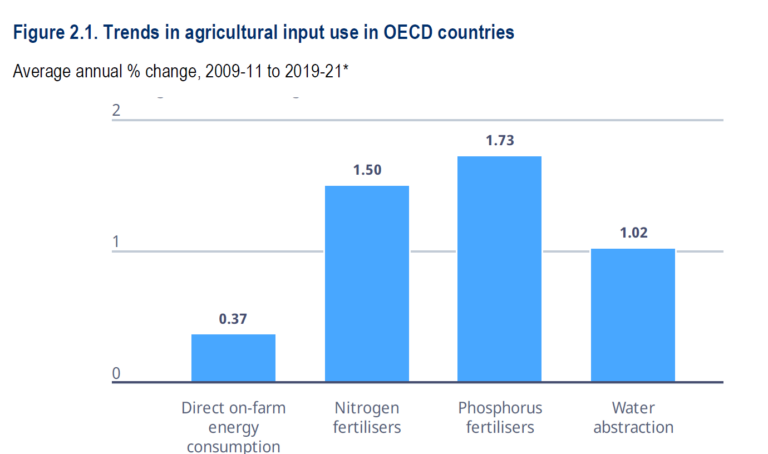
OECD: Rollback bei den Agrarumweltleistungen
Der ursprünglich positive Trend der Agrarumweltleistungen der 27 in der OECD zusammengeschlossenen Industriestaaten der Welt hat sich im Verlauf der letzten 30 Jahre deutlich verlangsamt und in Kernbereichen in der […]
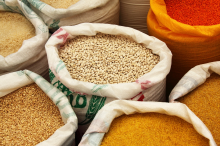
Eindringliche Appelle und Forderungen zum Welternährungstag
Am 16. Oktober ist Welternährungstag – und Hunger und Mangelernährung rücken zumindest für diesen Tag ins Rampenlicht der Medienberichterstattung. Die Politik und internationale und zivilgesellschaftliche Organisationen warten mit Statements und […]
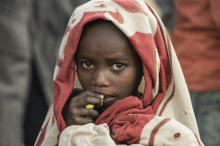
Welthungerindex: Kaum Fortschritte im Kampf gegen den Hunger
Die Botschaft ist nicht neu, die Zahlen nun aber wieder auf dem neusten Stand: Das Ausmaß des Hungers auf der Welt ist schwindelerregend und Fortschritte gibt es kaum zu vermelden. […]

